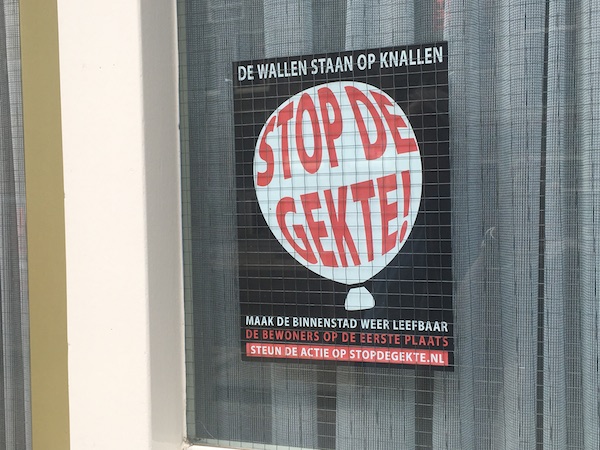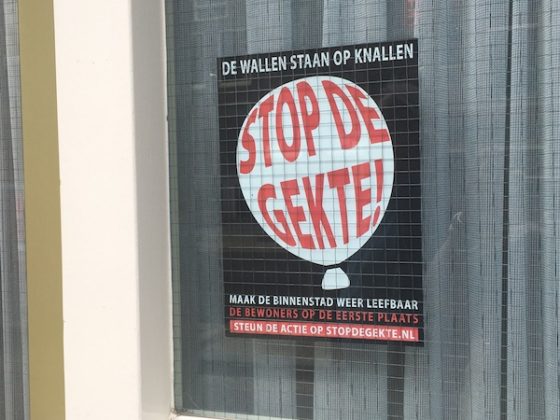Local businesses add to pressure on Amsterdam to clean up sex and drugs reputation


Eight Amsterdam employers organisations have joined forces in an effort to persuade the city council to radically reform the city’s image as a haven for sex and drugs, adding further pressure on officials to make major changes.
In particular, city officials should act to tackle the window brothels in the red light district and to radically change the policy on cannabis cafes, both as a matter of urgency, the organisations say in an open letter to the city’s mayor Femke Halsema.
Coronavirus virtually closed down the red light district for several months, and in May Geerte Udo, chief executive of city marketing agency Amsterdam&partners, told DutchNews.nl that the city is aiming to build a new tourist industry that is socially, economically and ecologically ‘sustainable’.
Indeed the city council has been talking for some time about how best to tackle the problems caused by budget tourists, including moving brothels out of town. However, officials have yet to publish any concrete proposals to upgrade tourism, and in the summer, the red light district was again a haven for tourists on a budget looking for a good time.
‘We have seen what happens if we do nothing,’ said Hans Bakker, regional chief of employers organisation VNO-NCW told the Parool. ‘The first to arrive are the drugs tourists from neighbouring countries, with the excessive numbers and problems that causes.’
‘More and more people are coming to the Amsterdam who have no respect for the city and are only looking out for number one,’ he said.
The employers organisations have now drawn up a 10 point priority list, which includes a total ban on holiday rentals such as Airbnb, focused campaigns targeting congresses and ‘quality’ tourists, and money to pay for more street wardens.
Locals
City centre residents published their own vision for the future of the city centre in May, which calls on officials to uphold the ban on holiday rentals and to close down illegal hotels. Cannabis cafes, they say, should only be open to residents. There should be fewer music festivals and a ban on ‘amusement park’ activities such as beer bikes, water bikes, segways and the like.
Moving the red light district
In addition, the city, as a shareholder in Schiphol airport, should pressure for a reduction in holiday traffic, the locals’ plan said. Mini supermarkets should be banned from selling alcohol and the sex industry should be moved in its entirety to a hotel in a different location.
Moving the red light district is one of the options which mayor Femke Halsema has already mooted. And earlier this year, a report drawn up by city officials suggested that a special room rental complex for prostitutes or an ‘erotic centre’ complete with prostitution, sex theatres and other facilities are the two most likely options on the table.
DutchNews.nl also revealed last month that political pressure is mounting on the city’s coalition to agree to ban non-residents from the city’s cannabis cafes, or coffee shops.
The city earlier banned holiday rentals in most of the medieval centre. Organised tours of the Wallen district have been banned, and no new shops focusing on tourists are permitted.
Tourists
A survey by the city’s statistics department O&S in February showed that a third of the tourists questioned said that if they were no longer allowed into coffee shops, they would visit Amsterdam less frequently – and 11% would not come at all.
One third of the British tourists said that coffee shops were their main reason to come to Amsterdam – and they were more likely (42%) to say they would come less frequently if only local residents could buy cannabis.
Thank you for donating to DutchNews.nl.
We could not provide the Dutch News service, and keep it free of charge, without the generous support of our readers. Your donations allow us to report on issues you tell us matter, and provide you with a summary of the most important Dutch news each day.
Make a donation